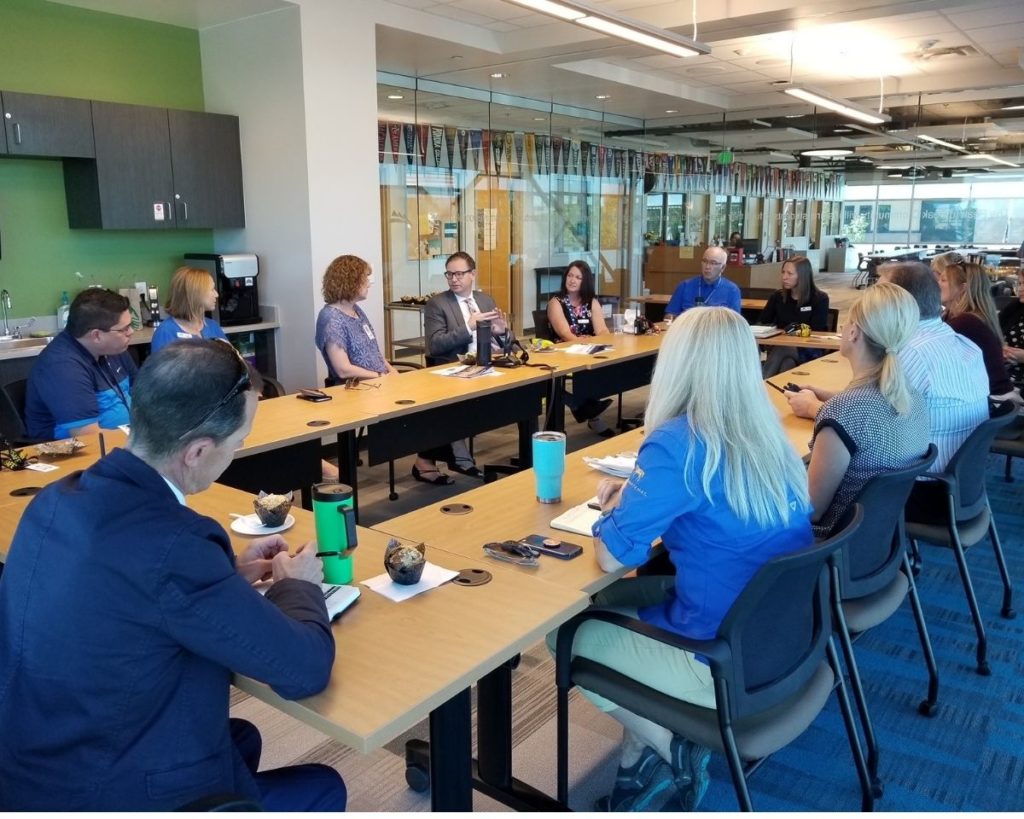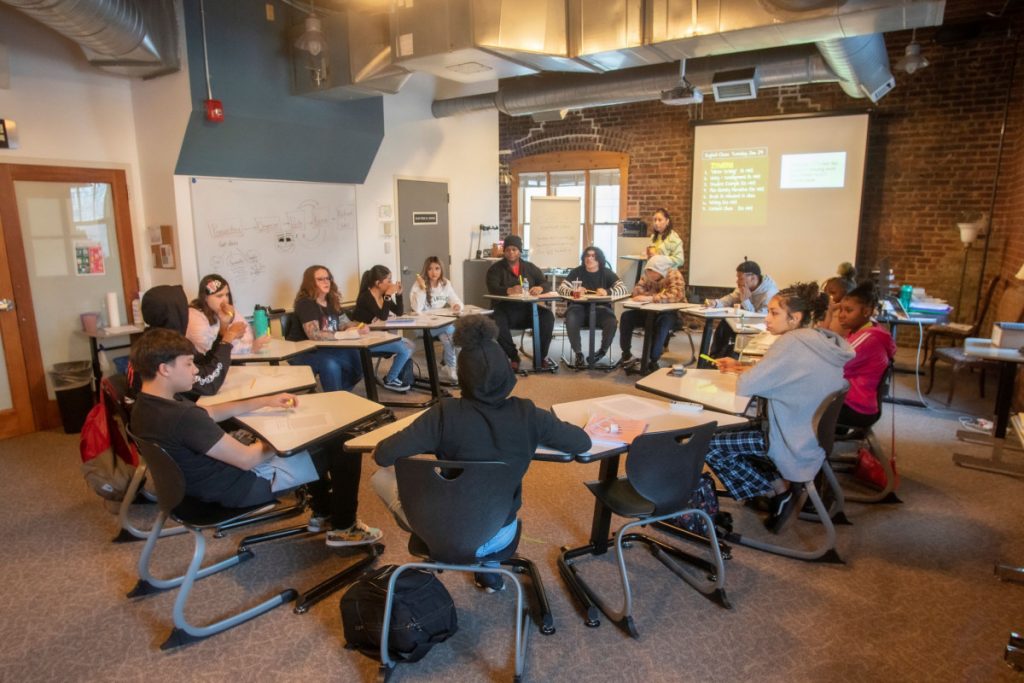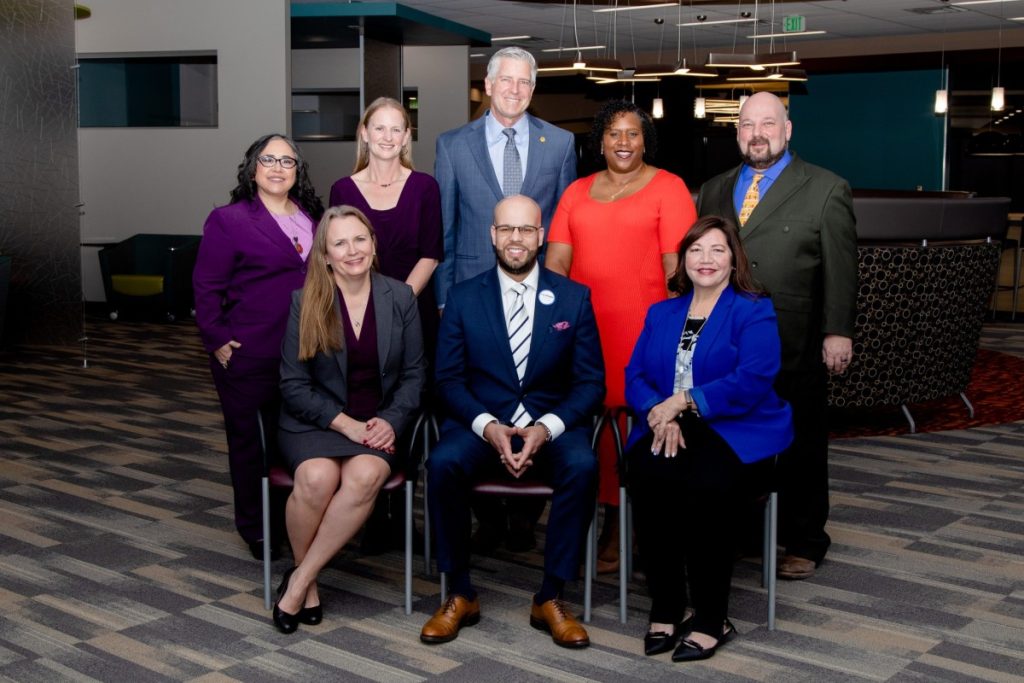I have spent over half of my professional life serving on volunteer boards, and none of those experiences have been without challenges. Oftentimes, these challenges are more prevalent behind the scenes rather than in the limelight of board meetings or other public events.
And those challenges, if not addressed and rectified, have the potential to interrupt the work of the organization, impact the organization’s reputation with key stakeholders, and create distrust of the organization’s remaining board members and leadership.
The majority of my board governance roles have involved engagement with values-based and non-profit organizations: from service on the executive board of Delta Delta Delta to recent re-appointments to the board of directors with the Colorado League of Charter Schools and the board of trustees with Colorado Mesa University.
While many of these organizations look different, there are some fundamental similarities of effective governance that extend beyond individual organizations’ bylaws that include: constituent accountability, financial stewardship, servant leadership, board-staff relationships and responsibility for results.
As a leader in the charter school community, I have observed one additional quality of effective governance: excellent school governance is rooted in good character.
I came to this conclusion after many years of service to my sons’ local charter school: Peak to Peak K-12 Charter School in Lafayette, whose mission calls on our students to become active and responsible citizens. Whether as a parent volunteer, a committee member or a member of our elected board, I learned that beyond the commitments of time, talent and treasure, as a leader in a school, I needed to also have toughness.
Toughness as in strength in character.
Toughness as in integrity.
Toughness as in embracing organizational values.
While I have found myself often grumbling about the commitment of time, or pulling together resources to financially support the next fundraising campaign, or even wondering if I am appropriately positioned to jump in and serve — I have never questioned my toughness.
That’s because serving a school community is different than any other role: toughness is mandatory. As board members, we not only model toughness to our fellow board members, to our school leadership, to our teachers and staff, to our parent community — but we publicly model and set the example for the most precious, attentive and impressionable audience: our students.
Students are passers-by in public board conversations. Students sit in the audience during board meetings. They are in the next room when their parents listen in over Zoom. And, in some cases, they are on the agenda waiting to offer public comment while the board deliberates.
They “search it up” when they don’t understand something that is being discussed by the adults who are leading them, and use the tools of the Internet to make sense of words, phrases and approaches — which can be demoralizing, offensive and factually inaccurate.
In the era of virtual meetings and online Zoom deliberations, I expect that, like my boys, many of our students are listening. Intently. Carefully. Learning behaviors. Therefore, I urge my fellow board members — whether in public schools, private schools, charter schools or organizations that align with schools — to please remain vigilant. Hold accountable your fellow board members, members of your leadership team, and your community for their actions and behaviors.
This extends beyond what fellow board members may say, but also their actions. As a board member and a public servant, remember that you have to avoid even the appearance of a conflict of interest and if you have a conflict, disclose it in a timely fashion, publicly.
You are an ambassador of the organization, whose roots extend far beyond the individuals sitting across the room — or across the screen — from you.
Our students — our future public servants — are watching.




